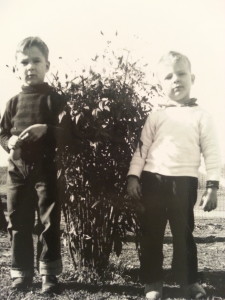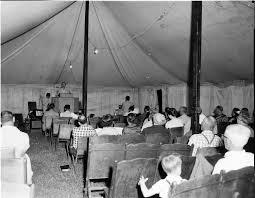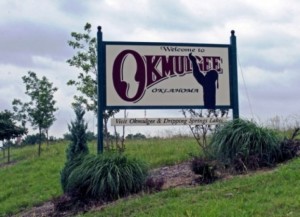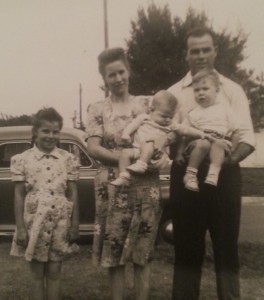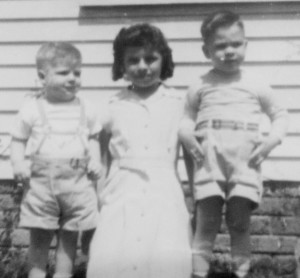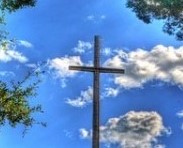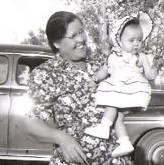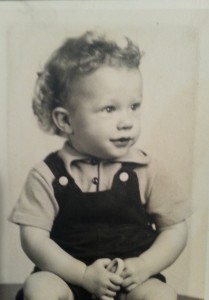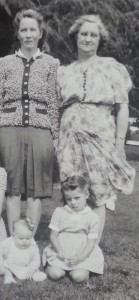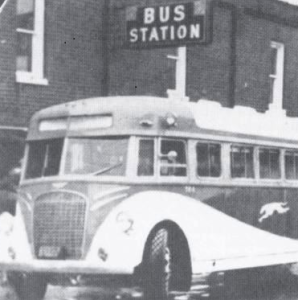My brother Tim and I fought. Not excessively but – as with many close siblings – enough.
By my second year in elementary school I learned more than counting and reciting the alphabet. To my communication skills I added profanity. Never mind my ignorance of definitions, my enlarged vocabulary was picked up mostly on school playgrounds.
I practiced cursing on my brother at least once. Angry with Tim over nothing noteworthy I unleashed a stream of language at a far higher volume than was wise. My mother overheard the rants and seized an educational opportunity. About two things. (1) Resourcefulness. The wire-handle end of her fly swatter-turned-switch. (2) Awareness. Of a zero-tolerance policy for profanity in our home. From that day if I wasn’t fully cured I was clearly more discreet.
Mother was also compassionate. Back of our house the ground sloped gently downward, to a simple red barn where we boys often played. Beyond this was a pasture. I had recently turned nine. From a window mother saw my struggle.
I ambled from the barn toward the house. In mid-step my leg gave way. I fell. Lifting myself up I walked a short distance, then went down again. By the third or fourth tumble my mom was hurrying my way. She helped me to the house. My dad responded to her call and we were soon en route to the local doctor’s office.
Learning of my earlier polio bout the physician assumed this was not likely the same affliction. By now both legs entirely failed to work. I was admitted, limbs weakened and stiffening, into our local hospital. My condition worsened. Another physician was called in. He ran tests and soon conveyed his findings.
Poliomyelitis.
Hillcrest Hospital occupies a spot near downtown Tulsa on historic Route 66. The virus spread rapidly across the country. Hillcrest administrators concisely labelled one of its wings the polio ward. The patients – mostly children – were confined to beds positioned at varied elevated angles. Specific treatment of the patient seemed to dictate the bed’s positioning. A freer flow of air was critical for those with strained breathing muscles.
Through an open doorway I glimpsed a daunting, one-occupant contraption (a word my dad used for any curious object). It reminded me at first of a greatly-enlarged tin can lying sideways. Several patients lay each in their own iron lung – their exposed head wresting on a pillow atop a small extended platform. In most cases the iron lung was critical for staying alive.
We entered a multi-patient room. With the help of my mom, a nurse settled me into a designated bed. A sudden cramp assaulted my limbs. I grimaced. After a time the pain lessened.
I relaxed a little. And guessed I would be here awhile.
Note: In ‘Comments’ I’d love to hear from anyone who’s experienced polio or perhaps a family member? Be free to share a little insight/experience if you wish.
©2015 Jerry Lout


